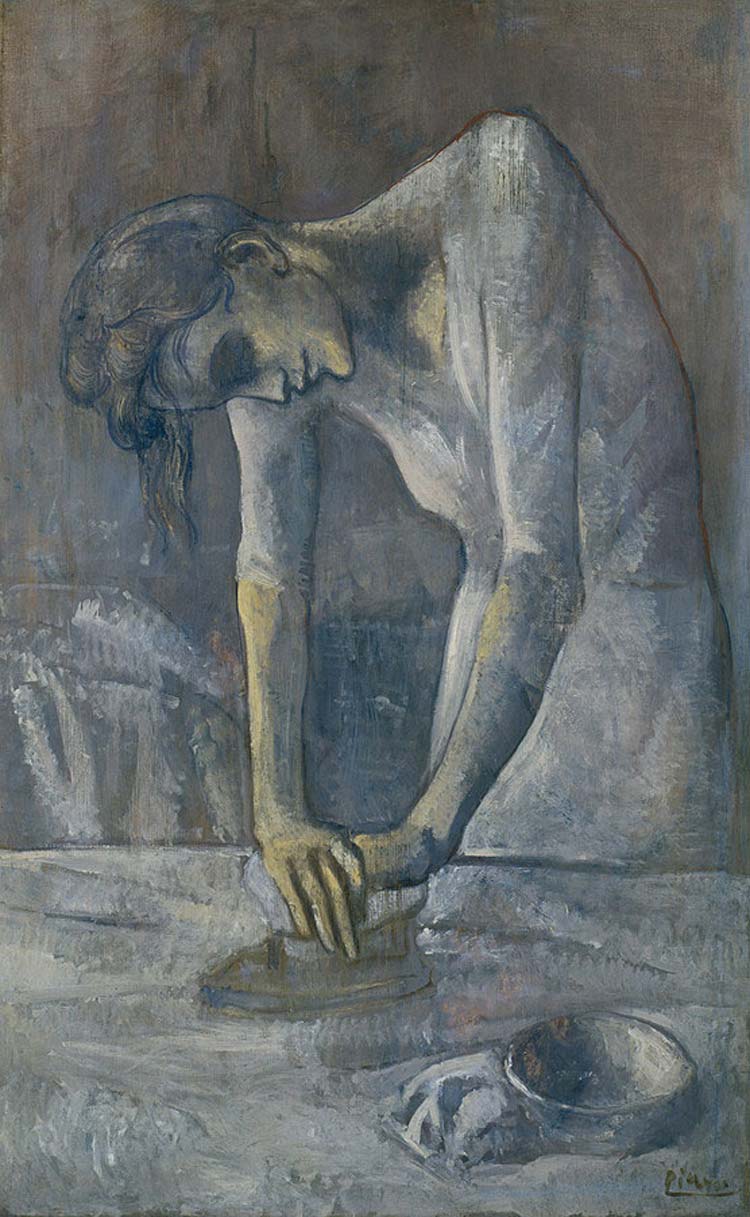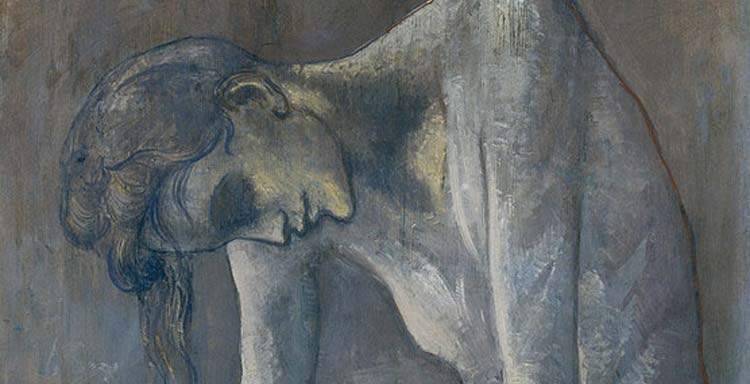In 1938, a pair of Jewish collectors, Karl Adler and Rosi Jacobi were forced to sell off a 1904 painting by Pablo Picasso, La repasseuse (Woman Ironing), in order to leave Nazi Germany as soon as possible. Eighty-five years later, their heir, Thomas Bennigson, has sued the Guggenheim Museum in New York demanding the return of the work, or a fair amount of compensation, estimated at between $100 million and $200 million.
The heir has filed the lawsuit in Manhattan Supreme Court and intends to convince the justices that the sale took place illegally, or under pressure. “Adler would not have sold the painting at that time and at the price he realized,” reads the document filed with the court, “were it not for the Nazi persecution to which he and his family were subjected and to which they would continue to be subjected.” Adler was a wealthy business executive when Hitler and the Nazis came to power. He had purchased the painting in 1916 from one of Munich’s leading art dealers, Heinrich Thannhauser, and was forced to sell it in 1938 to raise money with which to finance his escape. For in 1937 he had been deprived of his job as a Jew, as had all the members of his family. So not only did he have to sell the work to support himself, but with the proceeds he also had to buy expensive visas to be able to leave Germany, first traveling around Europe, then in the direction of Argentina.

“The Adlers,” reads the document submitted to the Manhattan court, “needed large sums of money just to obtain short-term visas during their exile in Europe. They could not work, were on the run and did not know what the future would hold, so the Adlers had to liquidate what they could to quickly raise as much money as possible.” The repasseuse was sold to Heinrich Thannhauser’s son, Justin, in October 1938 for only $1,552, which is about $32,000 today. The gallery owner’s son, moreover, according to the heirs of Adler and Jacobi, was accustomed to buying masterpieces from German Jews at bargain prices, taking advantage of their misfortune, and well aware of their difficult situations. Moreover, again according to the lawsuit, “if Karl and Rosi had not fled when they did, they would undoubtedly have suffered a much more tragic fate at the hands of the Nazis.” Rosi Jacobi disappeared in Buenos Aires in 1946, at the age of 68, while Karl lived to the age of 85, dying in 1957. However, neither the couple nor their children realized that they could claim the painting: in fact, they believed that the transfer had taken place in legality.
There is some precedent: Bennigson, a lawyer by profession, California resident, and grandson of the couple (his mother is in fact Karl and Rosi’s daughter), had previously hunted down other works that his grandparents had hastily disposed of. In 2009 he had obtained a $6.5 million settlement from a Chicago collector who held the ownership of a Femme en blanc that had once belonged to the family. Finally, that of the Repasseuse is not a new story: back in 2017 the heirs had contacted the Guggenheim, but the affair had ended in a deadlock. In fact, the museum claims to have contacted one of the couple’s sons, Eric, in the 1970s in order to ascertain the painting’s provenance, but nothing anomalous would have emerged at the time. Moreover, according to the museum, there is no evidence that Karl Adler or his three sons, now deceased, regarded the sale as unfair or Thannhauser as a bad-faith actor, either at the time of the transaction or subsequently. It will therefore be necessary to see who the court will agree with.
 |
| Heir of Jewish collectors sues New York's Guggenheim and demands return of a Picasso |
Warning: the translation into English of the original Italian article was created using automatic tools. We undertake to review all articles, but we do not guarantee the total absence of inaccuracies in the translation due to the program. You can find the original by clicking on the ITA button. If you find any mistake,please contact us.